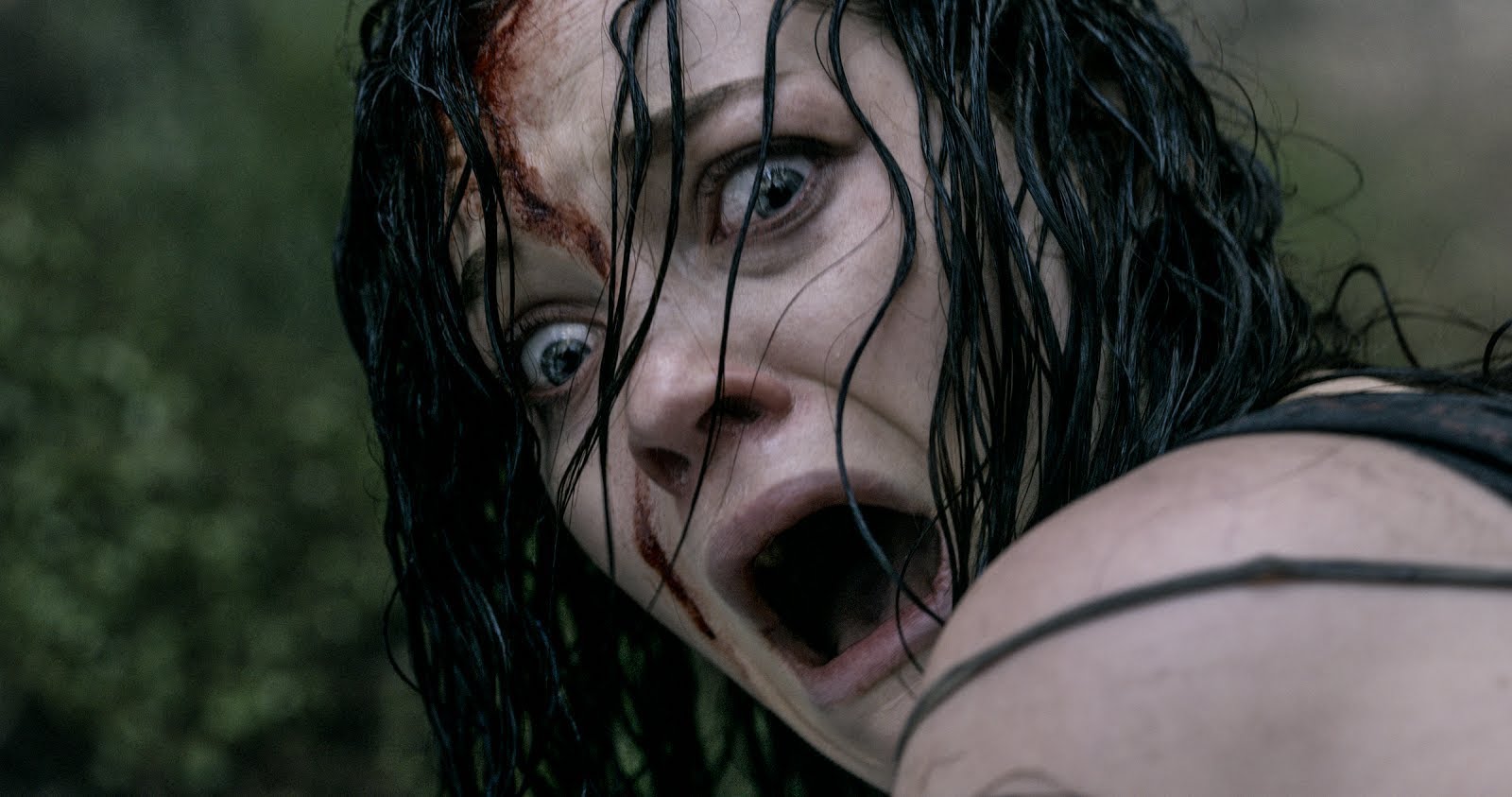 I spoke at my son’s Baccalaureate service this week, and it was held at an area church. The service provided an opportunity for the fellowship of Christian students at his public school to celebrate the faithfulness of God to them during the last year, and to celebrate the seniors’ graduation.
I spoke at my son’s Baccalaureate service this week, and it was held at an area church. The service provided an opportunity for the fellowship of Christian students at his public school to celebrate the faithfulness of God to them during the last year, and to celebrate the seniors’ graduation.
While waiting for the service to begin, I thumbed through the “chorus book” of the United Methodist Church. The title of the fourth song in the book caught my attention: “Praise the Source of Faith and Learning.” Besides the clumsy lyrics (“As two currents in a river fight each other’s undertow…”), it sounded like a scientist or mathematician wrote it, as it incorporated words and phrases like “calculation,” “converging,” “science,” “coherent,” and “breadth of human knowledge.” All good words, no doubt, but strange for a hymn.
The third verse, however, holds the real gem. Here are the lyrics:
May our faith redeem the blunder of believing that our thought
Has displaced the grounds for wonder which the ancient prophets taught.
May our learning curb the error which unthinking faith can breed
Lest we justify some terror with an antiquated creed.
Say what?
Now, I am all for correcting error that unthinking faith can breed. We have plenty of that in evangelical Christianity. Think the Left Behind series, celebrity pastors, TBN, and those who emulate the Duggars.
The crown jewel, though, is the word terror. The creeds now become the principles behind terrorism. This reminds me of my year spent studying German philosophy at Villanova University. In a class on Ludwig Wittgenstein, one of my professors became well-known in the philosophical world for his dissertation, which argued that disagreement constituted violence. I think the irony was lost on him that any dissertation worth its salt disagrees with at least some ideas from others.
So here is the UMC chorus book warning of the potential terror that might be unleashed on humanity should we hold to an ancient creed. This is the hubris of liberalism. Only those who live in the modern world of the late 20th century and early 21st century can be considered enlightened. Scratch that. Only the present liberal mind that does not hold too strongly to any religious beliefs can be considered enlightened.
Yet, what terror and disorder the abandonment of “antiquated creeds” has brought to our world! Nietzsche was indeed a prophet when he warned 19th century liberal Europeans in his “Parable of the Madman” that in killing God they had unleashed eternal night.
What were we doing when we unchained this earth from its sun? Whither is it moving now? Whither are we moving? Away from all suns? Are we not plunging continually? Backward, sideward, forward, in all directions? Is there still any up or down? Are we not straying, as through an infinite nothing? Do we not feel the breath of empty space? Has it not become colder? Is not night continually closing in on us?
I contemplated the small group of teens gathered for the baccalaureate service in this UMC church. They had just navigated another year of public school boldly, and with a potent testimony that led to students being converted. I thanked God that they had cast their lot with the creeds and, as a result, possessed a thinking and powerful faith.


0 Comments